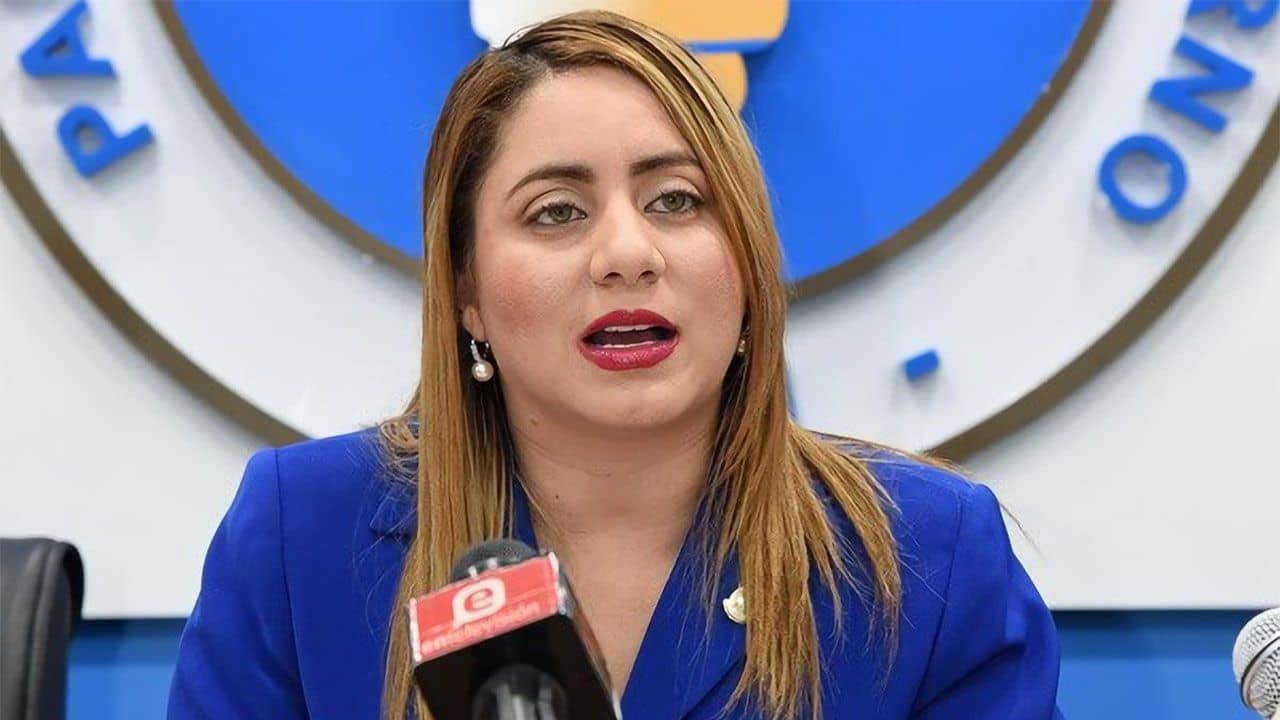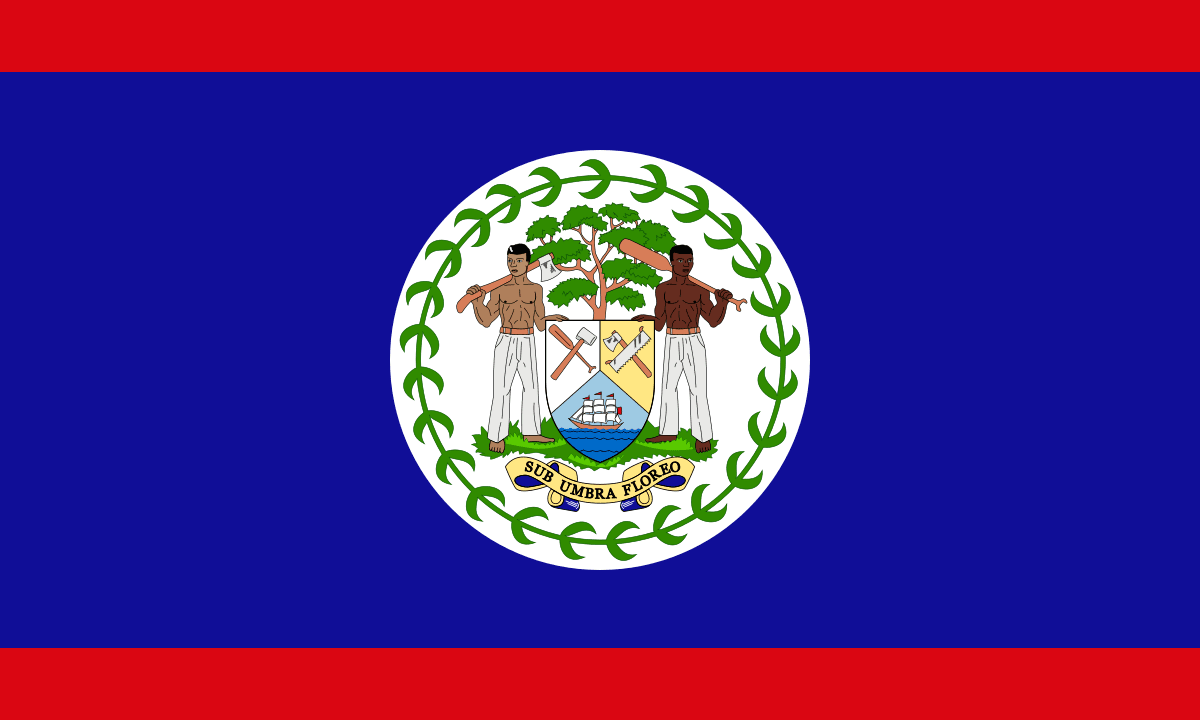
This following article was originally published by UN Women on November 03, 2017.
Take Five: It’s a matter of justice—50/50 gender parity in political parties
Congresswoman Gloria Reyes is a strong advocate for increasing women’s political participation and recently backed a law against child marriage in the Dominican Republic. She participated in a regional forum organized by UN Women from 9 to 11 of October, focusing on abolishing child marriage in the Latin America and the Caribbean region. Earlier this year, a number of Central American and Caribbean countries including Honduras, Trinidad and Tobago, El Salvador, and Guatemala abolished discriminatory legislation which allowed child marriage.
Why is it important to increase women’s participation in politics in the Dominican Republic?
Women’s political representation is essential because this is where decisions are made. It is not just about getting quotas for women, but about having the opportunity to decide. As a woman, I have been able to influence gender issues, so that actions such as the eradication of child marriage, or the voluntary termination of pregnancy, could be a reality. The mere presence [of women] within a political structure and advocating for the rights of women, has been instrumental for the success of these initiatives. Therefore, it is vital to achieve greater political participation of women and young people.
The National Congress, specifically the Chamber of Deputies, has the representation of only 28 per cent of women and 3 per cent of young people. What is clear is that we need to engage young people in political activity. And, we must remove structural barriers that perpetuate gender discrimination within political organizations and in social dynamics.
What motivated you to dedicate yourself to politics and did you face any challenges when you started working?
As a child, I grew up seeing the needs of the people of my country. In my adolescence, I did not know the concept of social inequality, but I grew up asking myself why there were some people with so much wealth and others with so little. That motivated me to get involved in social and community activities and serve people.
When I began to work in politics, I realized that this was the ideal space for me to work on achieving justice, gender equality, and put these topics on the [political] agenda from within the system. The love for my country, its people and public service was my main motivation.
I faced some challenges when I started, because my project was underestimated: I was a young woman with no considerable economic resources. Being a young woman was the main cause of criticism; I was told not to work in politics. However, my relationship with the electorate was different. The young constituents demanded a political renewal in the leadership and as a young woman I could be the voice to represent them.
Recently, there were debates held in the Chamber of Deputies on the topic of gender equality. Do you think that there has been any difference in how discussions about rights and needs of women are managed in the country?
There has been some improvement in the quality of the debates; there are now more voices to defend these causes, because the constituents are more aware of their rights. From Congress, we work on gender trainings for legislators, and in the Gender Commission, we are constantly growing. Efforts are being made to sharpen the knowledge on women's rights and issues on the Commissions' agenda. But, much more needs to be done. Sometimes opinions are created due to ignorance—for instance, the opposition against the eradication of child marriage.
Gender stereotypes are still the norm in political relationships. We must ensure that these [political spaces] are as equitable as possible for women who decide to work in politics. Women in leadership positions are crucial. Thanks to the continuous training of our legislators, we are taking progressive steps in the organizational and operational mechanisms.
We have a strong commitment to gender equality and democratic parity in the services we provide. It is a matter of justice: if more than 50 per cent of the electorate are women, it is an injustice that women are not present [equally] in decision-making spaces. The Constitution of the Dominican Republic establishes the need for a balance of power in all public institutions. Political parity enshrined in the new Draft Law of Political Parties needs to become a reality. I think democracy will completely benefit from having more women in public spaces.
What can UN Women do to ensure greater participation of women in key political positions in the Dominican Republic?
I strongly believe that to overcome the barriers that restrict women's participation in political decision-making positions, many actions can be taken.
For instance, creating and implementing motivational and empowering campaigns for women to increase their involvement in politics, as well as to express the importance of their involvement for them and for the country, will be beneficial. UN Women can also encourage the creation of political training spaces in schools and universities for young women.
Supporting initiatives such as training programmes, conferences and seminars for women who are already aspiring to participate in publicly elected positions can be another important initiative.
Other initiatives that I would recommend would be to support mentoring and advisory services for potential women candidates on how to carry out a political campaign, and providing technical advice for women who hold public positions on issues of national relevance, such as budget, public debt, science, technology and economics to expand their capacity. It is also important to form laws that encourage the participation of women in politics at both local and national levels, as women in the main cities are more likely to achieve support than those in more distant areas.
What are some of the most urgent legislative issues for advancing the rights of women in Dominican Republic?
Out of many pending legislative issues, there are six that should be prioritized in the next legislative agenda.
First, we need legislative solutions for the high rate of adolescent pregnancy. It keeps women marginalized and condemned to repeat the cycle of poverty. Secondly, we need adolescent pregnancy prevention and we must improve the opportunities for those who are already pregnant. Moreover, ensuring access to resources, information and support on sexual and reproductive health, medical advice for better family planning, among others, are also points we must ensure to cover. The Law on Sexual and Reproductive Education is one of the main goals to work on women’s rights.
As part of the Chamber of Deputies, we have approved a law that seeks to eradicate gender-based violence; it covers not only domestic violence, but also violence related to sexual health and reproductive rights.
The fourth item on the agenda would be the achievement of equal pay for equal work. The fifth would be the possibility for women to undergo to voluntary termination of pregnancy. And last, but not least, I think that the more women we have in the political space, the more voices can defend the issues related to women's rights. We should aim for a parity-democracy model based on substantive equality and achieve 50/50 gender parity in political parties.




